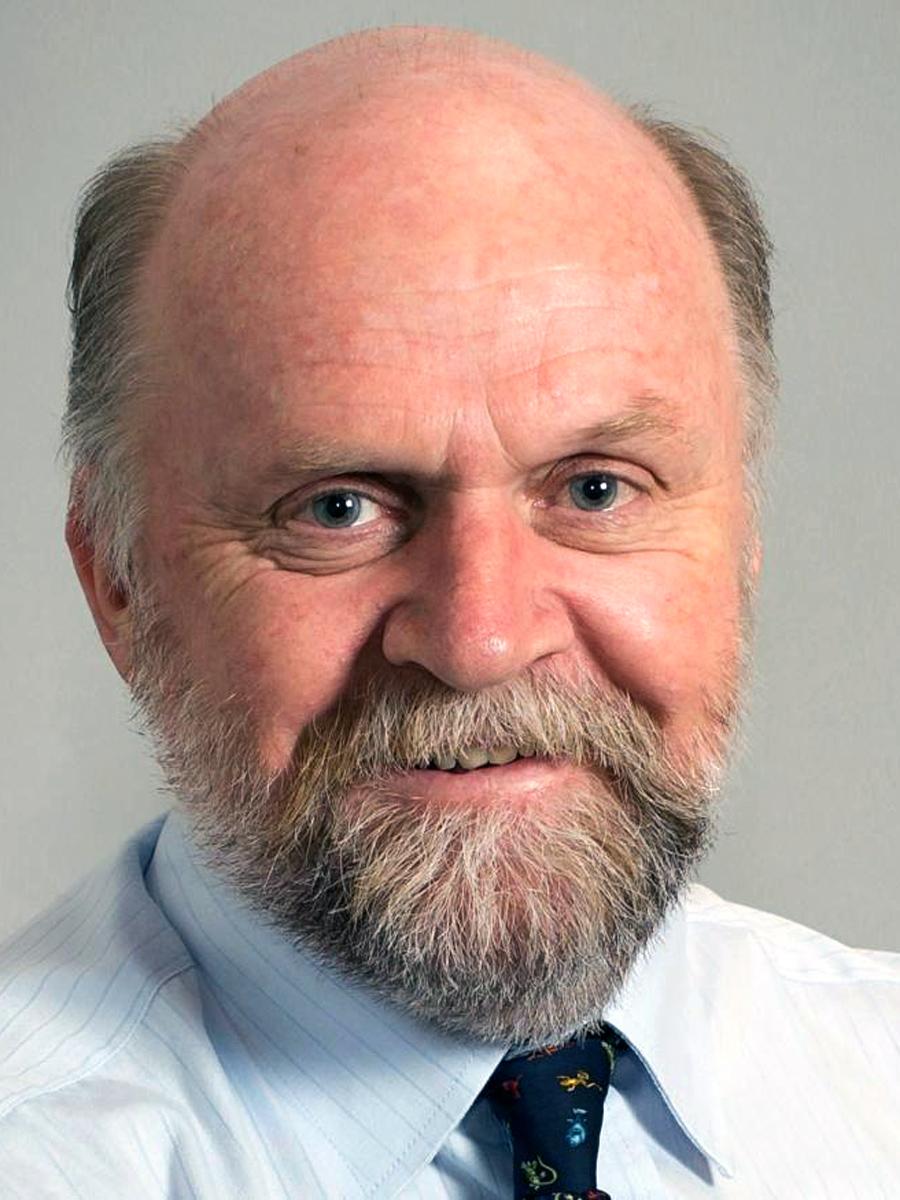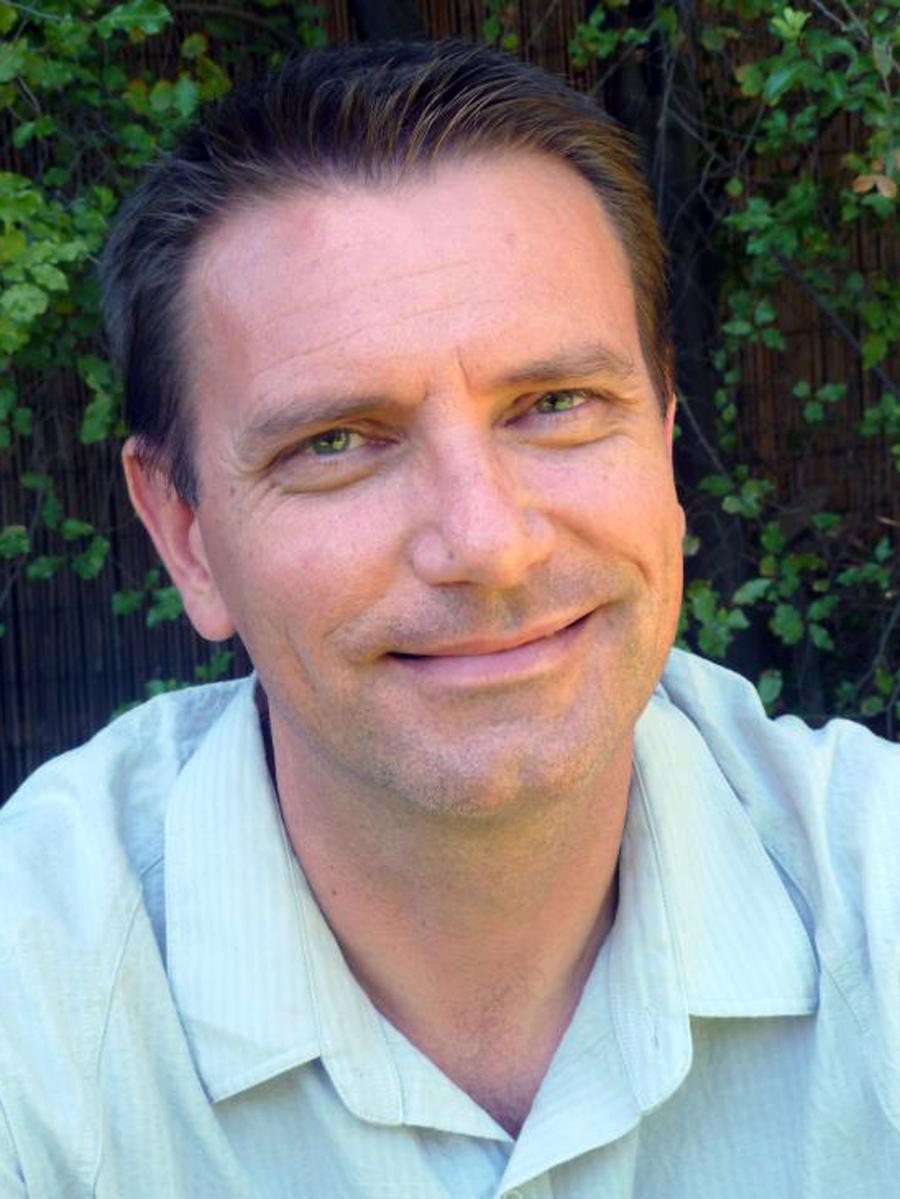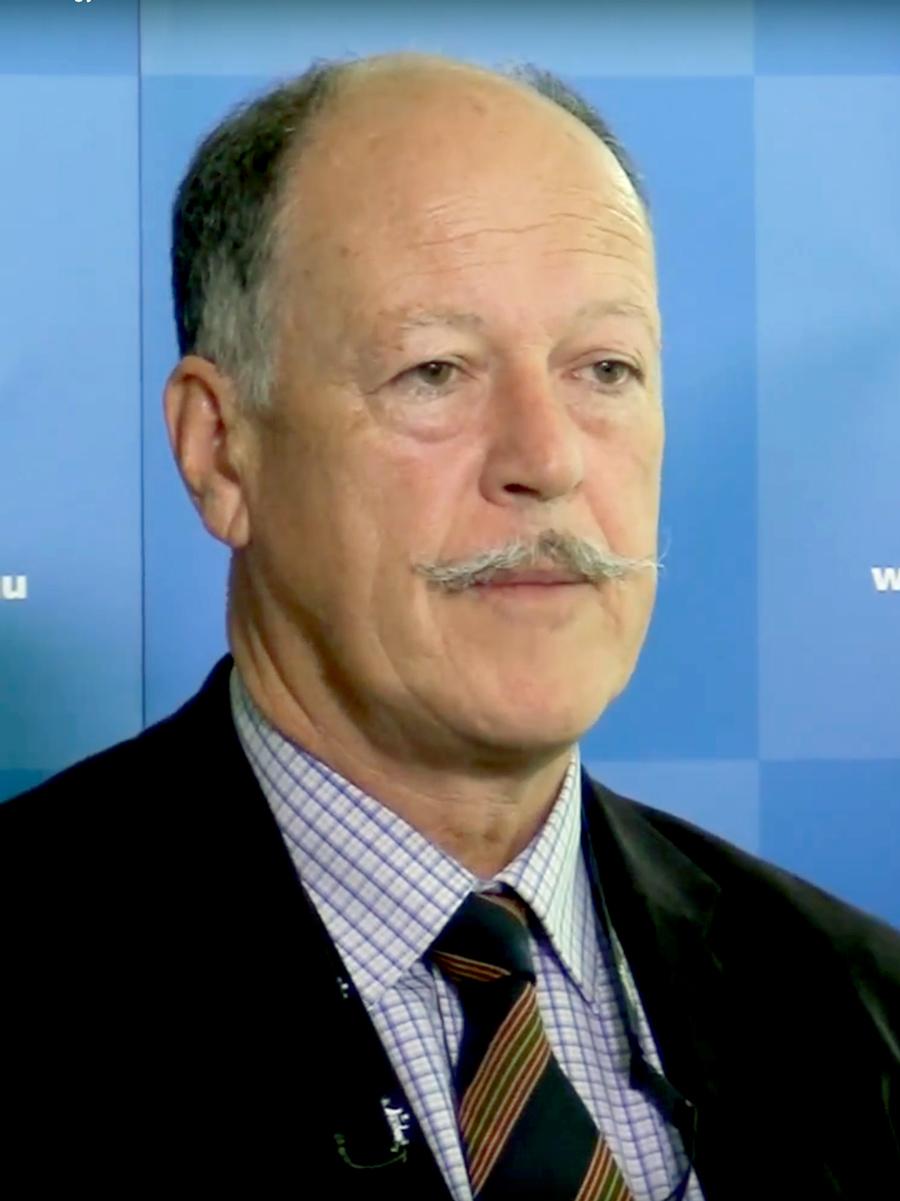Ecology and Evolution Summer Series - Summer #3
- Date: Fri, 21 Feb 2020, 3:00 pm - 4:00 pm
- Location: Benham Lecture Theatre, Benham building, North Terrace campus
- Cost: FREE
- Contact: Dr Jasmin Packer 8313 5576
- Email: j.packer@adelaide.edu.au

Curious. Cutting-edge. Community.
For our Series I, we’re exploring global problems and local solutions in Adapting to extreme weather in our changing world. We’d love you to join us as we explore the impact of our changing weather on wildfire behaviour and our natural environments.
The main ingredients that drive fire activity are wind (spread speed and direction) and fuel availability (amount of fuel and how dry it is).
Extended drought affects soil moisture and heatwaves affect the diurnal cycle of heat and moisture in the landscape. Both drought and heatwaves are impacting fuel dryness and consequently fire behaviour this 2019/20 fire season, manifesting in intense, sustained fires with bigger footprints, both in area and amount of biomass burnt as well as increasing the frequency of fire induced thunderstorms.
There is evidence that fires are, at least in some cases, becoming more intense, and this is putting at risk the strategies that plant species have to recover from fire, either vegetatively or reproductively. The recent Kangaroo Island fires provide an important test case of this and if some species fail to recover over significant areas, then we are entering a situation that is new at a time scale that covers tens of millions of years.
As new work is required to understand likely future fire regimes under a changing climate, our seminar will explore key issues on fire behaviour, its impact on native vegetation, and potential mitigation strategies.
Presenters

Bob Hill
Director, Environment Institute, The University of Adelaide
Professor Hill has had a profound impact on the study of botany in Australia. His botanical research has made significant contributions to the areas of palaeobotany, plant systematics, plant ecophysiology and the application of research from these areas to interpreting changes that have occurred to the Australian flora through evolutionary time. Bob completed his PhD. on tertiary plant macrofossils, and DSc on the interaction between climate change and the evolution of the living Australian vegetation. He has won many awards including the Clarke and Burbidge Medals for his research into the impact of long-term climate change on the evolution of Australian vegetation.

Holger Maier
Professor of Environmental Engineering
Program Director, (Civil &) Environmental Engineering degree program
Holger's research is focused on developing improved techniques for the sustainable management of infrastructure (with a particular focus on water, energy and the water-energy nexus) and natural resources (with a particular focus on water resources and natural hazards) in an uncertain environment. This includes elements of modelling (with a particular focus on machine learning and hybrid process / data driven models), optimisation (with a particular focus on evolutionary algorithms and other metaheuristics) and decision support (with a particular focus on strategic planning under deep uncertainty).
He is currently the research leader of the Economics and Strategic Decisions research cluster of the Bushfire and Natural Hazards Cooperative Research Centre. He also leads a project focussed on the development of a decision support system for the assessment of policy and planning investment options for optimal natural hazard mitigation (UNHaRMED).

John Nairn
State Manager, South Australia Bureau of Meteorology, and National Heatwave Project Director
Since joining the Bureau of Meteorology in 1980, John has pursued Antarctic operations, severe weather in Melbourne, specialised airport operations in Sydney, Sydney Olympic and Paralympic Games, and multiple interstate bushfire emergencies. John has been the State Manager since December 2014, following an extended period as weather services manager in South Australia. He has developed the bureau’s heatwave service and conducted a Churchill Fellowship on heatwaves, visiting the UK, Germany and USA in 2013. John also has an MBA, Dip Ed and a BSc Hon in Meteorology and Oceanography, and is now leading his own PhD research on heatwaves.
About our Ecology & Evolution Series
Join us for the launch of our revamped Ecology & Evolution Series. We’re passionate about creating Research for a Better World with our community of students, researchers, and research partners. Our sessions are cutting-edge because they’re a training ground for our next generation of environmental scientists, backed by our best and brightest world-leading experts.
We’re changing our weekly sessions to be even more interactive – punchy presentations by students and experts, followed by panel discussions on some of our world’s most pressing problems.
Our Ecology & Evolution Series aims to share world-leading research that educates, engages, and energises our environmental science community. To achieve this we:
- Educate – A 21st century education for a growing community of learners – we reflect on our discoveries and learnings to global problems with our students and research partners.
- Engage – A magnet for talent – we tackle the most pressing global problems affecting our communities, seek unifying solutions and stronger evidence to guide policy and action, and build long-term relationships with our speakers and research partners.
- Energise – Research that shapes the future – we strengthen our environmental science community through inspiring seminars, seeking synergy, and building collaborations that create a better world.
Our seminars are a mix of punchy presentations and thought-provoking panels. World-leading experts alongside our budding scientists and research partners.
Our science community events are weekly, free, curious, and cutting-edge. We hope you can join us!
